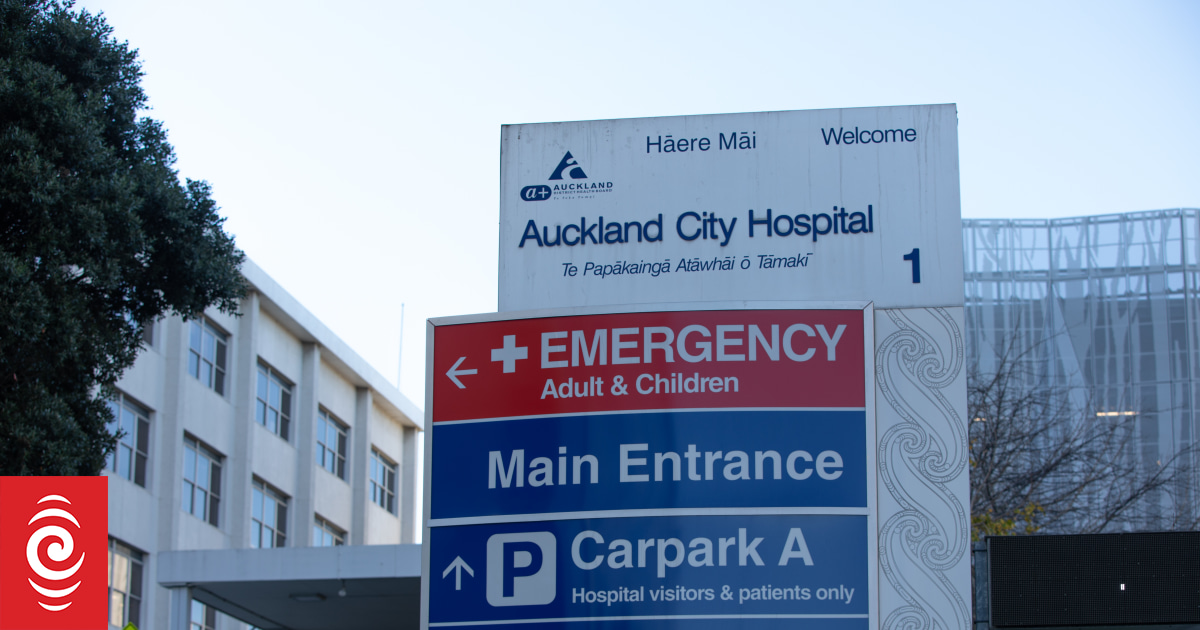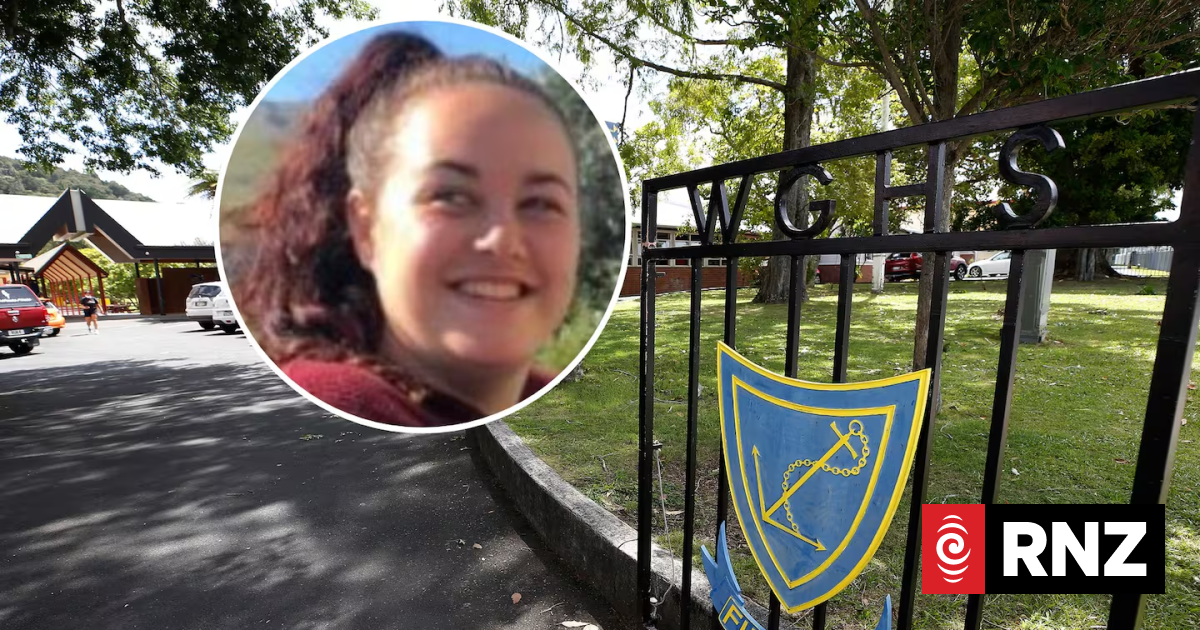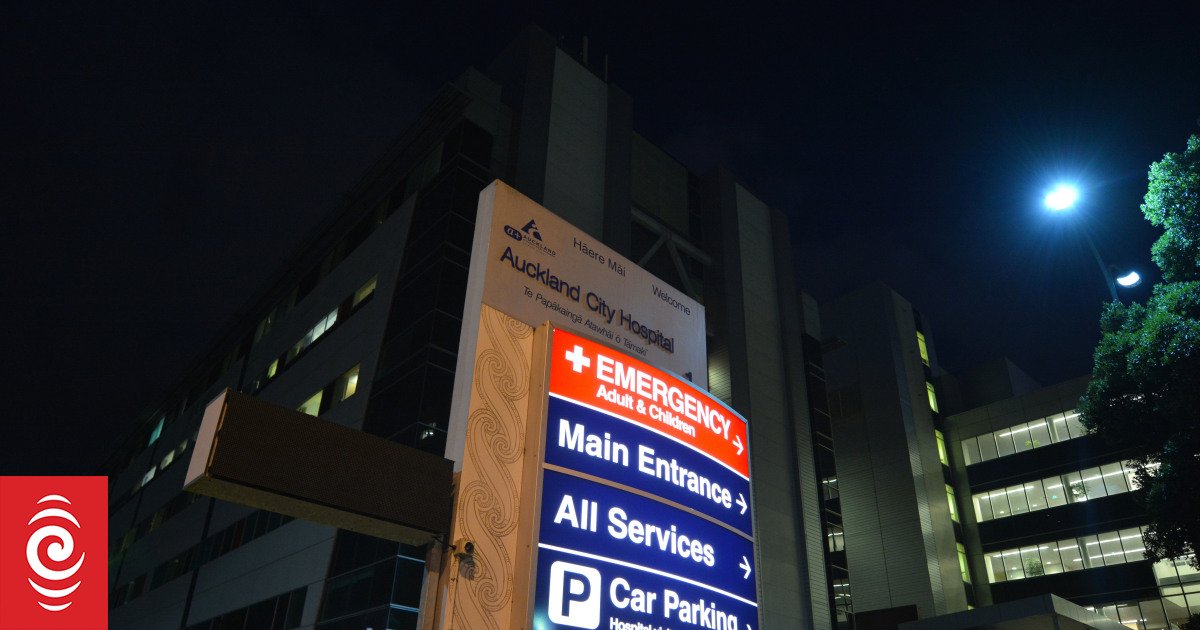Whangārei Hospital responds to questions about its Covid-19 isolation policy. Photo / Michael Cunningham.
Procedures for handling Covid positive patients at Whangārei Hospital are being questioned after a man who tested positive was kept in the same room as another patient that entertained outside visitors.
But Te Whatu Ora
Northland denied staff were knowingly exposing people to Covid and said testing positive did not necessarily imply being infectious.
However, Epidemiologist Professor Michael Baker said the practice seemed to conflict with the policies in the “IPC procedures for acute care hospitals”.
“My understanding of infection control policy is that patients who test positive for Covid-19 in hospital should at the very least be isolated in their own room,” Dr Baker said.
John* [*not his real name] claims the Covid-positive patient called him at 11am — seven hours after he found out he had tested positive — while he was still sharing a room with another patient at the hospital.
John thought there must be a mistake and was surprised by what a nurse told him when he asked about the situation.
“They said ‘well, that’s the policy up here now, we treat them where they were’. We treat them in the ward.”
The Covid-positive patient was left in a room without a door, attached to a corridor with other open rooms, according to John.
Advertisement
“Most of us know it’s an airborne illness which can float around the place,” John said.
John also asked if visitors were advised when a patient was Covid-positive in the same ward and was again shocked by the answer.
“She said ‘no we don’t tell anybody unless they’re going into that room.
“[The nurse said], ‘look it’s quite shocking to outsiders but that’s the way it’s been for a while’.
“I was quite surprised and shocked by that, that visitors are coming out to visit their old friends and mums and kids… but there are Covid-positive people just next door in the open room,” John said.
He then called the duty manager to alert them of the situation, who told him they’d look into it.
“At 12 o’clock the next day on Sunday he was moved with the other [patient in the same room] and moved to their own room with doors down the end of the corridor.
“Eventually the other [patient] got discharged and then [the Covid-positive patient] got their own room that Monday,” John said.
Advertisement
Te Whatu Ora clinical director for pathology services and infection control and prevention Dr David Hammer said it was true patients who have tested positive may need to remain in a shared room with the privacy curtains drawn until another room was available.
Patients are not tested for Covid when they are admitted to the hospital, but they are tested before they go to the theatre for surgery. Te Whatu Ora said this is how the patient, who was non-symptomatic, was found to be Covid-positive.
Dr Hammer said the Covid-positive patient, together with the patient in the adjacent bed space, were moved from the four-bedroom unit to a two-bedroom unit and the other patient who was exposed to Covid was informed, as was their family.
“There are many diseases that can be transmitted to visitors and staff. At no time is it acceptable to alert visitors to the illness someone else is suffering from.”
Instead, all visitors are required to wear a mask when in the hospital and the airborne and contact precautions poster on the door advises visitors to speak to staff before entering.
“Then, within 24 hours when a one-bedroom became available, the Covid-positive patient was placed in that one bedroom. No other patient tested positive, nor did any staff.”
Hammer said when a patient tested positive for Covid, contact tracing was conducted to try and locate the source of the infection, but Covid was so widespread in the community that it was extremely difficult to find that source.
“Patients sharing the room will be isolated together, monitored, and tested on day five since the exposure or earlier if symptoms develop,” Hammer said.
Dr Baker pointed to Section 4.2 Infection Prevention and Control (IPC) policy outlined on the Te Whatu Ora website, which said patients with suspected or confirmed Covid-19 infection must be appropriately isolated from other patients who do not have Covid-19 infection until they have been clinically considered non-infectious and can de-isolate as per hospital guidance.
It also states that a single room with the door closed is an acceptable option.
“Given the timing of infection, this patient would almost certainly have been infected while in the hospital. That shouldn’t happen,” Dr Baker said.
Baker said the source of infection could have been a visitor who spent time with them, or potentially other patients or staff, though this is much less likely.
“Patients who catch Covid-19 while in hospital should be thoroughly investigated to identify the source so that steps can be taken to prevent this from happening again.”
Baker said he thought Te Whatu Ora should be publishing regular updates of the number of Covid-19 infections diagnosed in patients while in hospital and the proportion that were likely to have been acquired there.
“Te Whatu Ora should have an ongoing surveillance of important hospital-acquired infections such as Covid-19. That is an important quality improvement process to monitor and support good IPC practices.”
Te Whatu Ora said investigating genomic linkages for hospital-acquired Covid-19 infections has been less frequent with increased circulation of Covid 19 in New Zealand.



